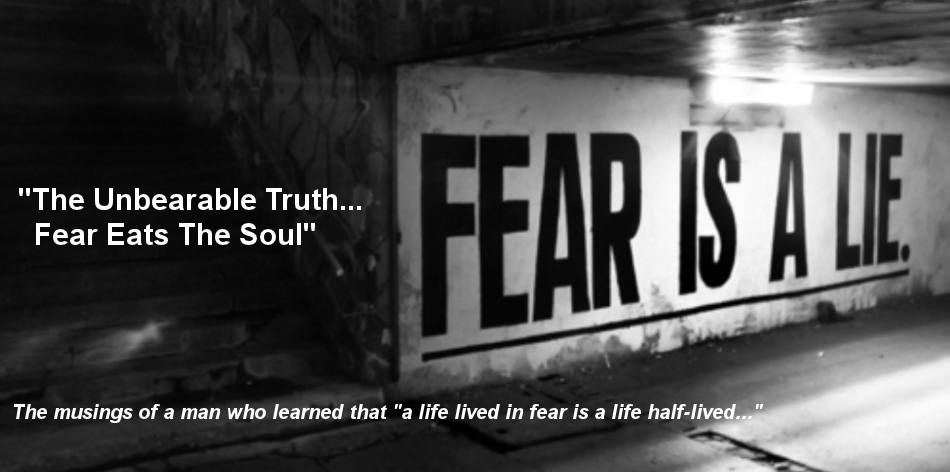A federal judge in North Carolina has struck down the state's gay marriage ban as unconstitutional. Same-sex couples stood
in long lines to exchange vows upon hearing the ruling.
in long lines to exchange vows upon hearing the ruling.
Supreme Court Gives Green Light To Idaho Gay Marriages
Richard Wolf
October 11, 2014
WASHINGTON — After clearing the way for same-sex marriage in huge swaths of the East, Midwest and Mountain West on Monday, the Supreme Court swept in the Far West Friday by turning down Idaho's request for a last-minute reprieve.
The order allows a federal appeals court decision issued Tuesday to take effect in Idaho, just as it did in Nevada. Three other states without gay marriage -- Arizona, Montana and Alaska -- are impacted by the ruling, but state officials there have not yet capitulated.
Federal judges in other states are moving in the same direction, forced by appeals court rulings the Supreme Court refused to second-guess. On Friday, a judge in North Carolina became the latest to strike down his state's gay marriage ban.
A federal judge in Alaska promised a quick decision after hearing arguments Friday to overturn that state's ban on gay marriages. Plaintiffs in the case spoke outside the courthouse. (Oct. 10) AP
The high court's order denies Idaho officials the chance to block marriages while making their full case to the justices. In Utah, Oklahoma, Virginia, Indiana and Wisconsin, marriages were blocked during the appeals process. When the justices decided not to hear those cases, the appeals court rulings became final and marriages began.
Idaho's appeal is likely to meet the same fate. The high court appears disinclined to take on a gay marriage case unless one of the federal appeals courts splits from those that have ruled thus far and upholds state laws or constitutional amendments.
That could happen soon: An appeals court in Ohio is due to rule on state bans there and in Michigan, Kentucky and Tennessee. Other appeals court decisions will be forthcoming in the months ahead, including two from the South, where more conservative judicial panels might uphold bans.
In the meantime, it's difficult to keep track of gay marriages without a scorecard. Going into this month, 19 states and the District of Columbia allowed them. As of now, the list is up to 27, including Nevada and Colorado.
Idaho officials told the high court that their case was different from the others, because the appeals court ruling deepened a split among federal circuit courts on whether laws aimed at sexual orientation must meet a higher standard to be constitutional.
But while their initial pleading to the high court following Tuesday's ruling by the 9th Circuit Court of Appeals cited a "strong likelihood" of winning the case, by Friday they claimed only a "reasonable likelihood" that the justices would agree to hear their case and a "fair prospect" of winning.
Attorneys for Idaho's same-sex plaintiffs told the justices they deserved to be treated like gay and lesbian couples in the other states now freed from statewide bans.
Otherwise, the brief said, "they will continue to lack critical legal protections for their families, such as spousal-visitation and medical decision-making rights in hospitals, that different-sex couples have long enjoyed; and their children will continue to be deprived of the security of knowing that their parents' relationships are recognized by the state where they live."
Same-sex marriage has received a near-perfect string of court victories since June 2013, when the Supreme Court ruled 5-4 that the federal government must recognize gay marriages performed in states where it is legal. The court's reasoning in that case prompted nearly all federal district and appeals courts to strike down bans in other states.
******
"Fear Eats the Soul"



No comments:
Post a Comment
Comments may be moderated and will appear within 12 hours if approved.